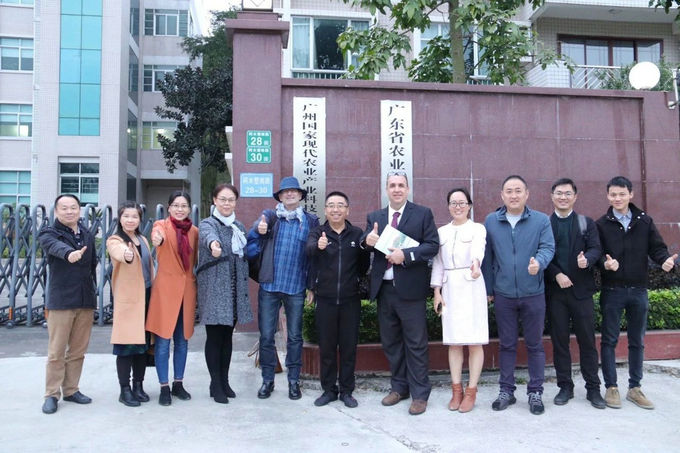
The Volcani Centre: the Israel Agricultural Research Organization(1) :
Flowers of Agriculture on Arid Land
A simple invention, even a zipper or a toaster, can make everyday life better.
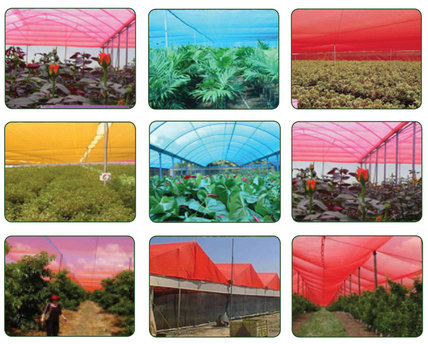
The same is true of agriculture. Simply covering crops with different colored nets can help the growth and yield of plants.
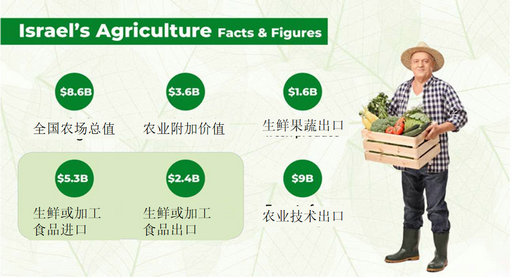
In 2018, the total value of agriculture in Israel was $8.6 billion, with an added value of $3.6 billion. More significantly, Israel's agricultural technology exports exceed its total agricultural output, reaching $9 billion.
However, Israel's agricultural conditions is not superior, one can say thatit is very unsuitable for agricultural development.
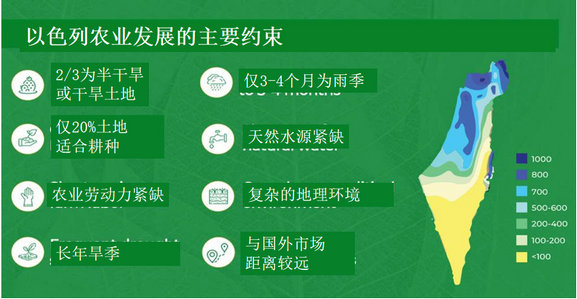
Israel's geography and climate are complex. Two-thirds of its land area is arid or semi-arid. Only 20% of the land is suitable for farming.In addition to the small population, the number of agricultural population is even more a shortage.
Under such harsh conditions, Israel's advanced agriculture has become one of the country's best known business CARDS. All these are inseparable from the development and innovation of agricultural technology.
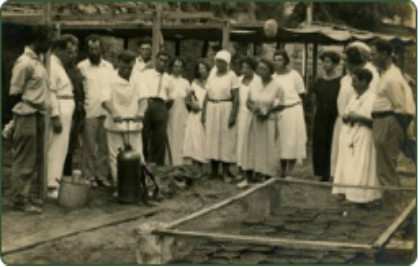
In 1921, the Agricultural Research Organization Volcani Center was born in the town of Beit Shemen.The nearly century-old institution is Israel's oldest and largest center for cutting-edge agricultural technology and innovation.
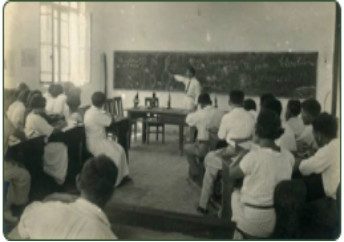
It is a formal research institution under the Ministry of Agriculture and is recognized by Israel's major universities, including Hebrew university, Tel Aviv university, Bar-Ilan university, and the university of Haifa.
Today, Volcani Center's headquarters is located in Rishon LeZion, Tel Aviv, the organization has 6 research institutes: soil, water and environmental science institute, animal life sciences institute, plant protection institute, plant science institute, agricultural engineering institute, and post-processing science and food processing institute.
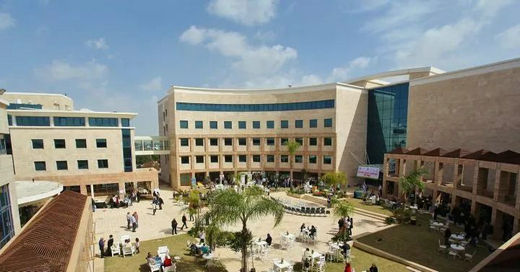
In addition to the headquarters, the Volcani centre operates three other sites: Gilat, in the desert of southern Israel; Newe Ya 'ar, in the mountainous north; and IOLR, on the southernmost coast of the red sea.These parks are used for the research and development of agricultural products and equipment in different environmental and climatic conditions.
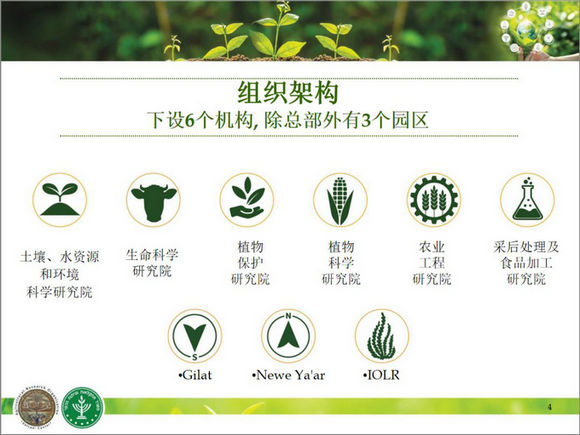
Currently, the Volcani center and its affiliates have more than 200 PhD scientists, 400 engineering and technical assistants, and more than 300 graduate students, accounted for more than 70 percent of Israel's agricultural research team.
By the end of 2019, more than 5,000 crop varieties and agricultural technology patents had been developed by the Volcani centre and the start-ups it incubates, making an outstanding contribution to the development of agricultural technology not only in Israel but around the world.
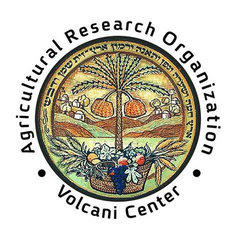
In December 2019, at the invitation of the China Israel Exchange Center, Mr. Shemer Topper, Minister of Business Development of Volcani center, visited guangzhou to participate in the Guangzhou summit of Sino-Israel International Cooperation in Agricultural Science and Technology, and the Second China School-Ground Cooperation Innovation Conference, introducing the agricultural innovation and future development of Israel.
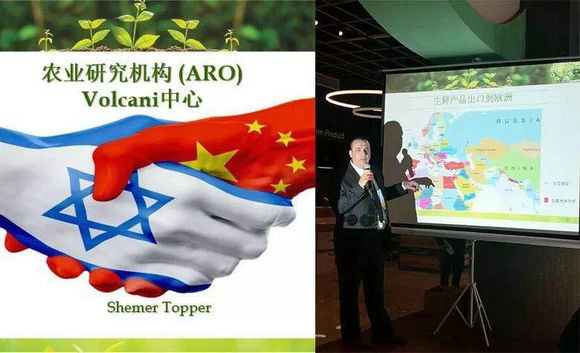
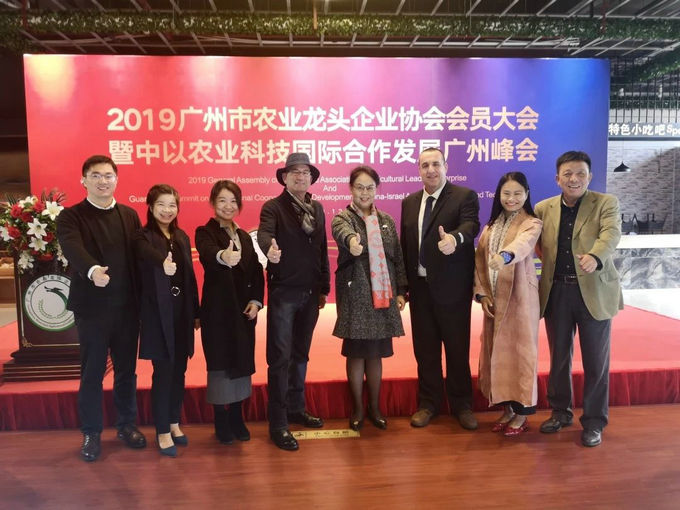
Mr.Shemer Topper, together with the team of China Israel Exchange Center, visited the National Center of Modern Agricultural Industry Science and Technology Innovation in Guangzhou to exchange views on agricultural innovation cooperation between China and Israel.
